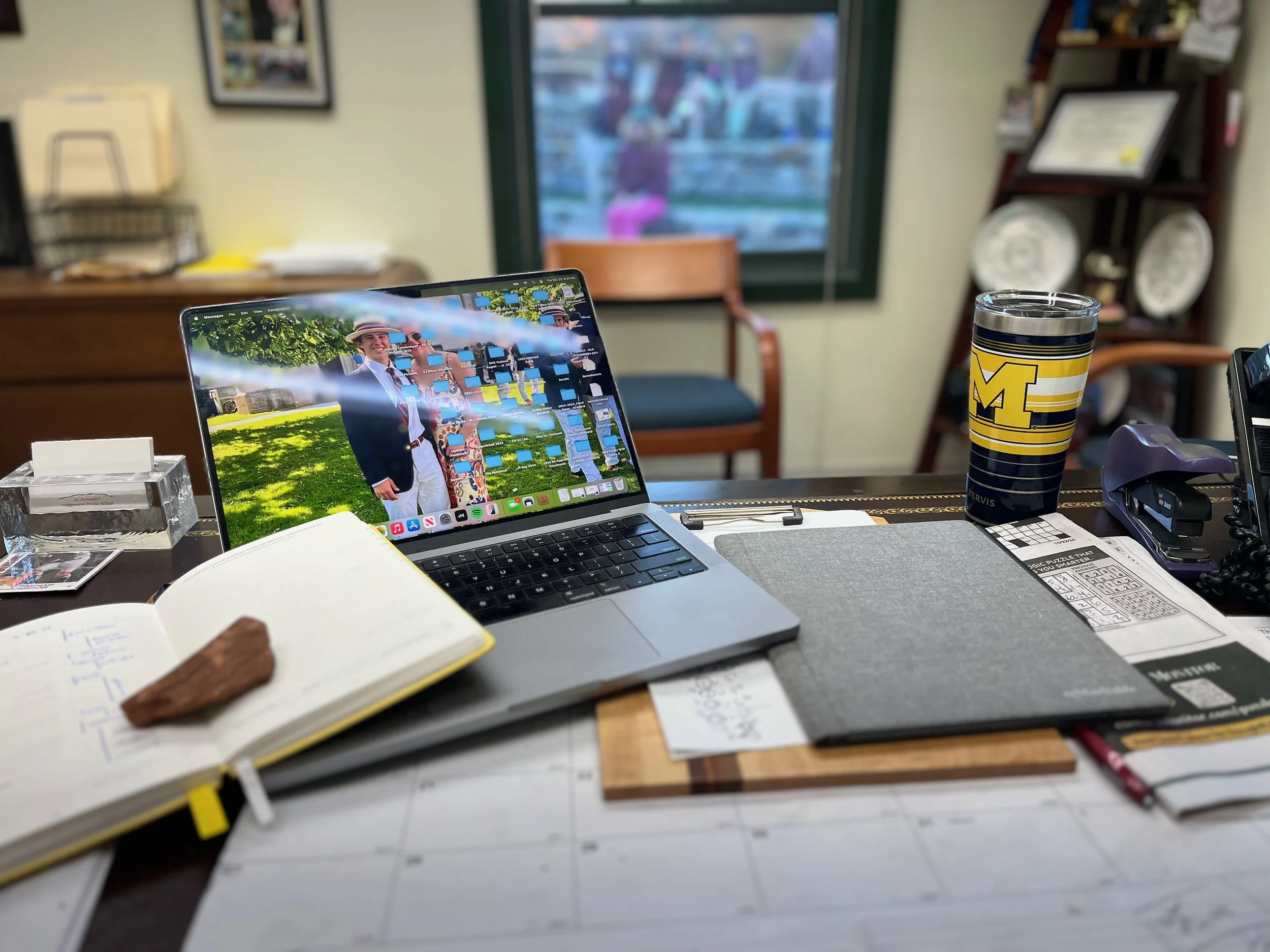Since I started writing “From the Head’s Desk” I have freely shared a number of insights about my personal life. On several occasions, I have written about my family’s connection to The Marine Corps. My father, grandfather, and uncle, for whom I am named, all served our country in the USMC. This past Thursday, The United States Marine Corps celebrated its 247th birthday and a day later we celebrated the service of all Veterans. Thank you to all the members of our BHS community that have served and currently serve our country.
When I was growing up, I recall vividly a political discussion with my father, as we frequently engage in spirited debates. I took a very hawkish view regarding the use of the United States Military in a world issue at the time. I thought for certain my father, a veteran and a proud Marine, would agree with my position. I remember being shocked to hear his response was much more measured than mine, and he was quite warry of using the military in armed conflicts. As one that served, and lost his brother in combat, my father understood better than I did at the time the gravity of war and the huge cost that those who serve could be asked to pay. His response struck me to my core and impacted my views on war and peace ever since.
Recently, my 8th Grade history class finished a unit on Theodore Roosevelt and his impact on the definition of the modern presidency. While discussing the Spanish-American War, the class learned that William McKinley, the last President that served in the Civil War was quite reluctant to become involved. He witnessed the horrors of battles like Antietam, and McKinley plead, “I've been through one war. I have seen the dead piled up, and I do not want to see another.”
On Veteran’s Day, when I reflect on the service and sacrifice of the men and women in the armed services, I am grateful. I also hope that the wisdom of veterans like President McKinley and my father can be embraced widely – and that we can live in a world where armed conflict is rare and peace is embraced and enjoyed.
Thank you to all our veterans and to all that love and support them.

